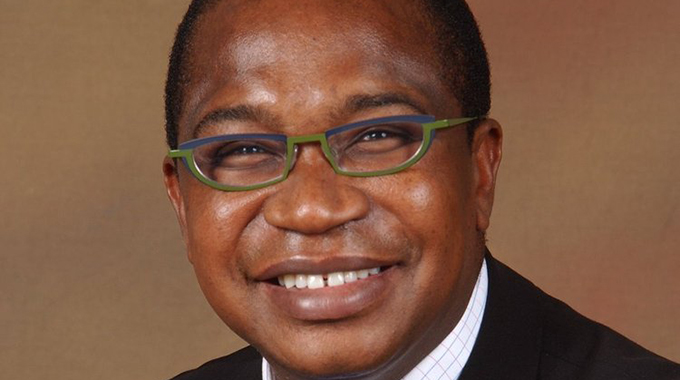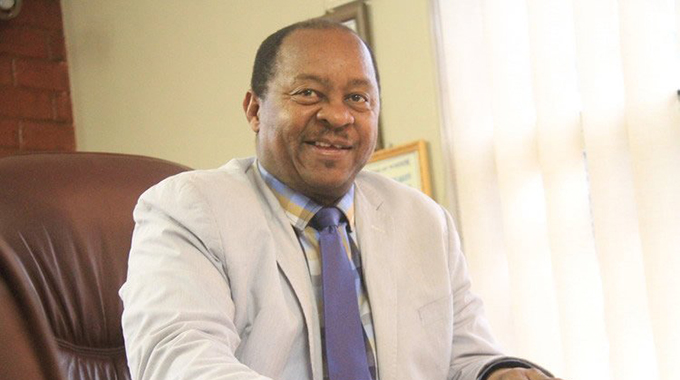‘Budget to be linked to output, impact’

Oliver Kazunga Bulawayo Bureau
The 2019 national budget allocations will be premised on projected output and impact that the resources will bring to economic transformation, Finance and Economic Development Minister Professor Mthuli Ncube, has said.
He said this while giving his overview remarks on the Parliamentary pre-budget seminar that ended in Bulawayo recently.
Prof Ncube, who is expected to present the forthcoming fiscal policy statement this month, said while he appreciates the proposed bids by ministries, in their respective presentations they had omitted the output aspect, which was critical when allocating scarce resources.
“Those revenues that you are requesting, those resources rather are an input into the budgetary process. But we don’t spend enough time talking about the output and then the impact,” he said.
“The output being, ‘if it’s to education, how many primary school, high school, university graduates are we going to be churning out and at what level as a result of the allocation of the budgetary resources that we have been either proposed or are actually going to be received?’”
He said it was also imperative for the ministries to justify the impact the resources will have on service delivery and rebuilding of the economy.
“We could also go on to reflect on the impact, which is what then difference do those products of the system, what impact do they have on development,” said Prof Ncube.
In his presentation at the pre-budget seminar, Budget, Finance and Economic Development Portfolio Committee chairperson Honourable Felix Mhona, said the public noted with concern the dilapidated infrastructure in the country, which was not in sync with the “Zimbabwe is open for business” mantra.
“The people implored the Government to rehabilitate roads and highways in order to facilitate movement of goods and services.
“Generally across the board, the members of the public called for the dualisation of the Beitbridge-Chirundu highway as a matter of urgency since it has been on the cards for too long,” he said.
In view of limited capital budget as a result of suppressed growth, fiscal consolidation, governance reforms and stimulating production and exports are at the heart of the country’s Transitional Stabilisation Programme (2018 to 2020), that draws policy thrust from Vision 2030, which seeks to transform Zimbabwe into an upper middle income economy by 2030.
Treasury has noted with concern rising money supply in Zimbabwe, occasioned by a bloated public expenditure and budget deficit financing, coupled with foreign currency shortages. These have been blamed for the surge in prevailing inflationary pressures on the market.
Prof Ncube told legislators, economists and Cabinet ministers who attended last week’s 2019 pre-budget conference, that the austerity measures being implemented under the new dispensation had started bearing fruit on the fiscal budget front.
For the first time in the month of September 2018, he said the country’s fiscal budget was balanced. Between January and September Zimbabwe’s overall expenditure was $6,3 billion against the planned expenditure of $4,1 billion, according to Treasury.










Comments